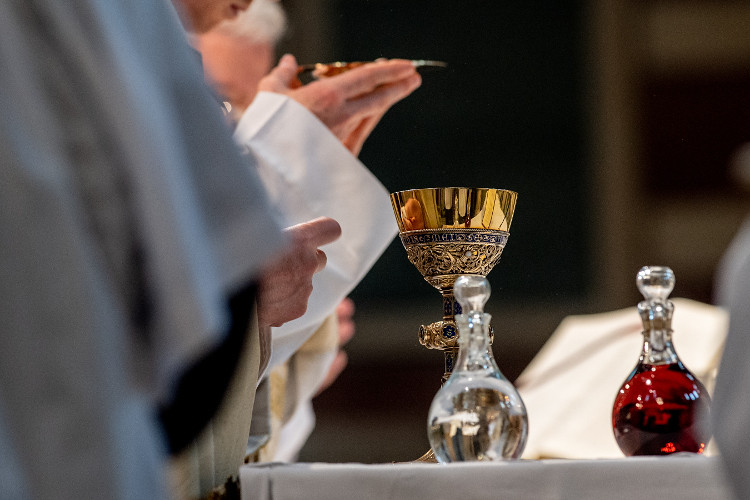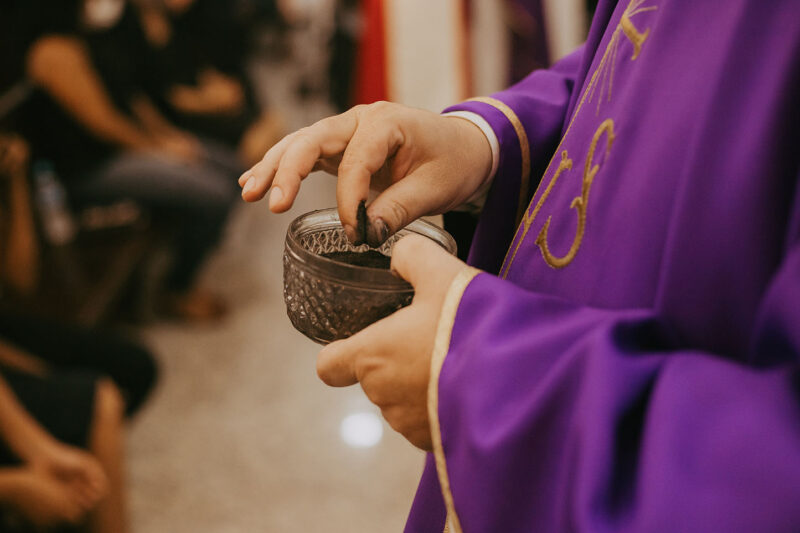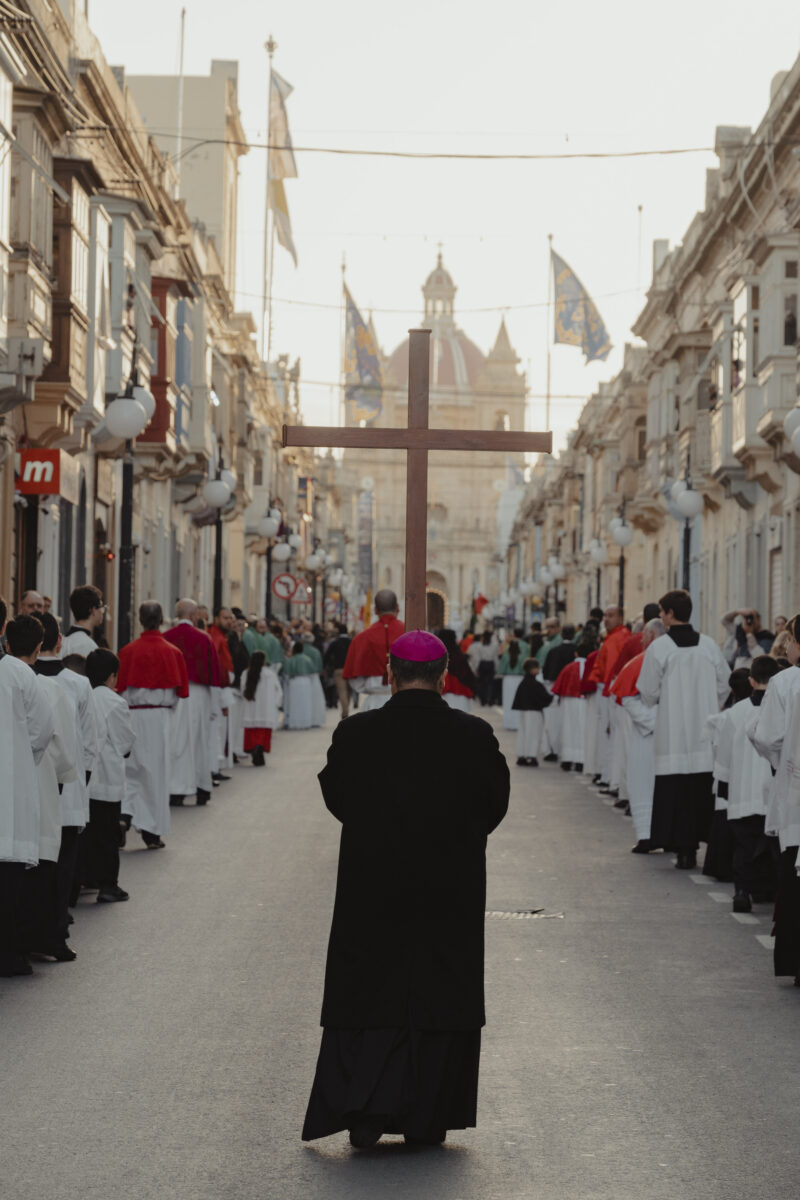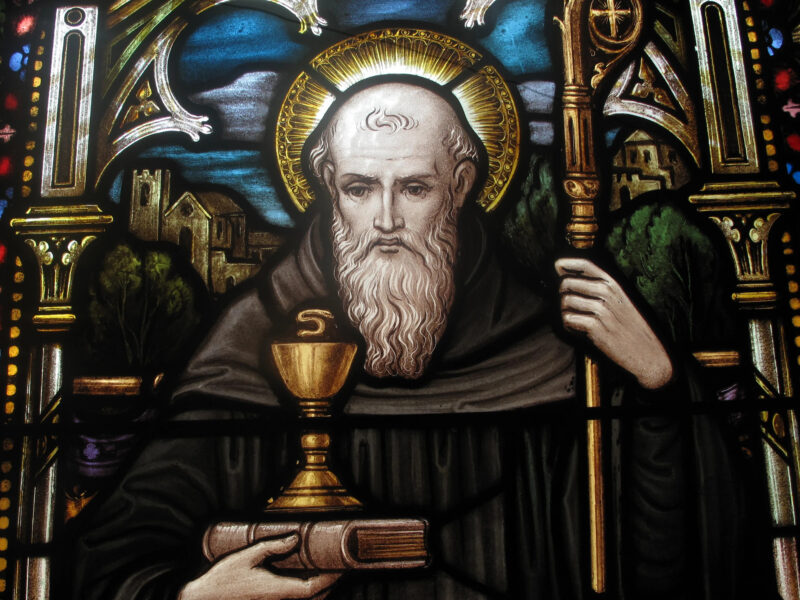This course is eligible for the Get Formed! scheme, allowing students to reclaim 70% of their course fees upon completion. For more information, visit: https://pfi.edu.mt/get-formed/.
This course is eligible for the Get Formed! scheme, allowing students to reclaim 70% of their course fees upon completion. For more information, visit: https://pfi.edu.mt/get-formed/.
For the version in English, please refer to: https://pfi.edu.mt/course/emotional-support-en/.
This course is eligible for the Get Formed! scheme, allowing students to reclaim 70% of their course fees upon completion. For more information, visit: https://pfi.edu.mt/get-formed/.

This course is eligible for the Get Formed! scheme, allowing students to reclaim 70% of their course fees upon completion. For more information, visit: https://pfi.edu.mt/get-formed/.
Course Description
The course Introduction to the Eucharist is designed to give the extraordinary minister formation and direction for distributing communion during masses and to be a guide to help him/her in taking communion to those who are unable to join the community in person. By the end of this course the student will:
- have a basic biblical and theological understanding of the teachings related to the Eucharist.
- know the language in which liturgical worship is explicit.
- learn most matters concerning the rite of Communion.
- learn to appreciate more the sacrament of Holy Communion.
- acquire a deeper knowledge of the role of the extraordinary minister.
- grasp the spiritual meaning that this role entails
Intended For
- Extraordinary ministers of Holy Communion who provide a service during church masses, in residential elderly homes or homebound sick persons.
- Those who wish to learn to appreciate more the sacrament of Holy Communion.
- Those who are starting their service as extraordinary ministers.
Please Note: Doing this course does not entitle the student to become an extraordinary minister of Holy Communion. Extraordinary ministers are chosen by the pastor of the parish/community.
Curriculum
Part 1: God With Us – Dogmatic Theology
- Christian theology on God’s revelation in the Eucharist.
- The communitarian dimension of the Eucharist.
- Eucharistic miracles around the world.
- Re-actualisation – understanding the past, present and future dimensions of the sacraments.
- Terminology for the Blessed Sacrament.
Part 2: The Biblical Foundations of the Eucharist
- The scriptural perspective of the Church’s teachings on the Eucharist.
- The foreshadowing of the Eucharist in the Old Testament.
- The Last Supper narratives.
- The testimony of St Paul on the Eucharist.
- Exegesis.
Part 3: The Eucharist in Daily Life
- The role of the extraordinary minister at mass and at home.
- The effects of the Eucharist on the community.
- Cultivating my relationship with God through the Eucharist.
- Way of life of the extraordinary minister.
- The spiritual dimension of the role of the Eucharistic minister – testimonials:
Calendar
The course is delivered in short, recorded sessions which are each about 18 minutes long. The student will be provided with a username and a password so s/he can watch these sessions on his/her own device. The total number of minutes amounts to 5-6 hours including the assessment.
Usernames and passwords will be sent to students within a week of payment confirmation.
Assessment & Certification
Assessment: Multiple choice test after each online session. The pass mark is 60%.
Certificate: Certificate of completion will be awarded to those who complete all the sessions and pass all the assessments.
An electronic certificate will be sent via email, within a week of successfully completing the course.
Awarding and Teaching Institution: Pastoral Formation Institute
Entry Requirement
Every application will be considered on its individual merits. The Pastoral Formation Institute accepts a wide range of qualifications, and we always try to judge applications on the basis of academic potential. We do consider a very wide range of academic, vocational, and professional qualifications, as well as work and other appropriate experiences and skills.

Course Description
The course Introduction to the Holy Mass is designed to give all those involved in the preparation of the Liturgy, formation for a better understanding of the different parts of the Eucharistic celebration. In light of Sacrosanctum Concilium’s desire to restore the celebration of the Mass to the vigour it enjoyed in Patristic times the course intends to explain the liturgico-historical roots of the different rites of the Mass for a better understanding of the celebration of the Eucharist according to the post-conciliar Missale Romanum. Moreover, such knowledge will enable the participants to put into practice the much desired active participation of the faithful in the celebration of the Mass. By the end of this course the student will:
- have a basic liturgical and theological understanding of the celebration of the Mass according to the Missale Romanum 1975.
- know the language in which liturgical worship is explicated.
- know the historical roots of the different parts of the Mass.
- learn most matters concerning the different rites which compose the celebration of the Mass.
- acquire a deeper understanding and appreciation of the different roles, members of the assembly hold.
- grasp the spiritual meaning that these roles entail
Intended For
- Extraordinary ministers of Holy Communion,
- Lectors, Animators,
- Choir members,
- members of the Parish Liturgical Commission
- and those interested in understanding better the celebration of the Eucharist.
Curriculum
Part 1: The Introductory Rites
- The Introit
- Greeting of the Altar and of the Assembly
- The Act of Penance
- The Kyrie Eleison
- The Gloria
- The Collect
Part 2: The Liturgy of the Word
- The Readings and the Responsorial Psalm
- The Acclamation and the Gospel
- The Homily
- The Profession of Faith
- The Prayer of the Faithful.
Part 3: The Liturgy of the Eucharist
- The Offertory
- The Preface
- The Eucharistic Prayer I
- The Eucharistic Prayer II
- The Eucharistic Prayer III
- The Eucharistic Prayer IV
- The Eucharistic Prayer V
- The Eucharistic Prayer of Reconciliation I and II
Part 4: The Communion Rite
- The Lord’s Prayer
- The Rite of Peace
- The Fraction
- Communion
- The Concluding Rites
Calendar
The course is delivered in short, recorded sessions which are each about 15 minutes long. The student will be provided with a username and a password so s/he can watch these sessions at his/her own computer or other technological device. The total number of minutes amount to 6-7hrs including the assessment.
Usernames and passwords will be sent to students within a week of payment confirmation.
Assessment & Certification
Assessment: Multiple choice test after each online session. The pass mark is 60%.
Certificate: Certificate of completion will be awarded to those who complete all the sessions and pass all the assessments.
An electronic certificate will be sent via email, within a week of successfully completing the course.
Awarding and Teaching Institution: Pastoral Formation Institute
Entry Requirement
Every application will be considered on its individual merits. The Pastoral Formation Institute accepts a wide range of qualifications, and we always try to judge applications on the basis of academic potential. We do consider a very wide range of academic, vocational, and professional qualifications, as well as work and other appropriate experiences and skills.










